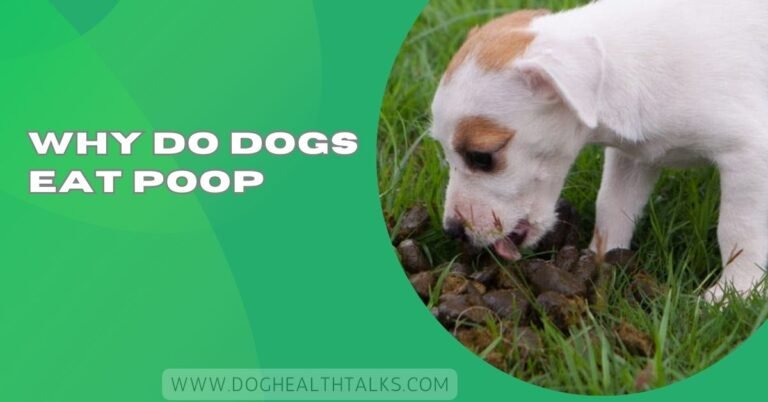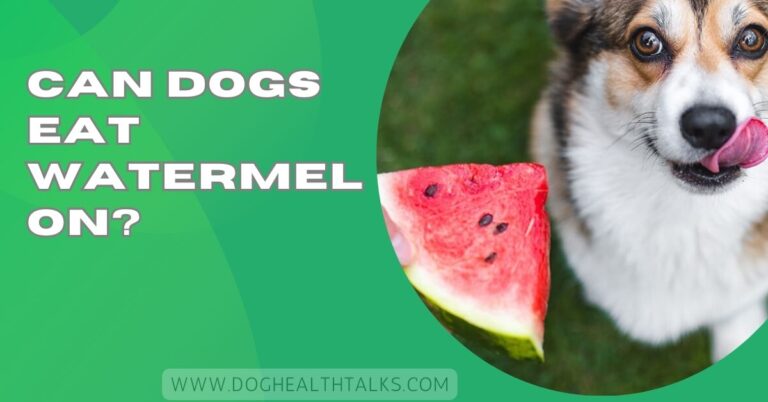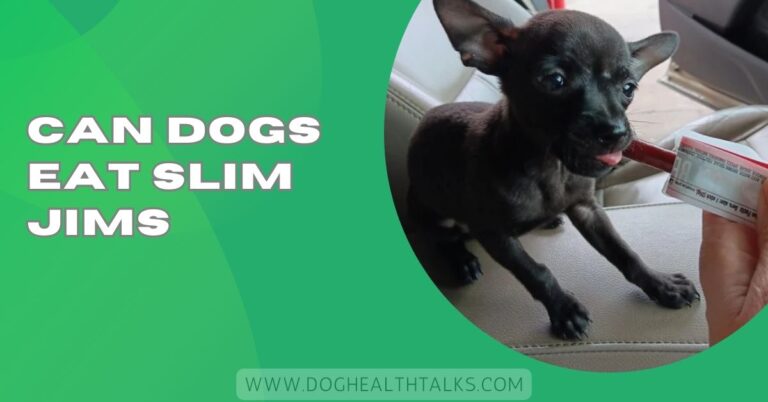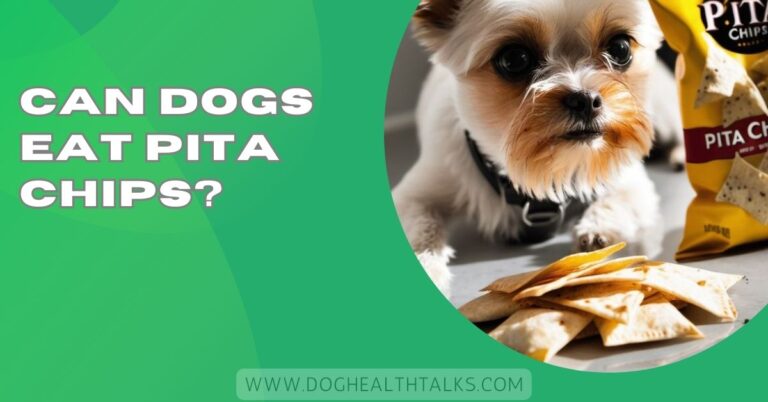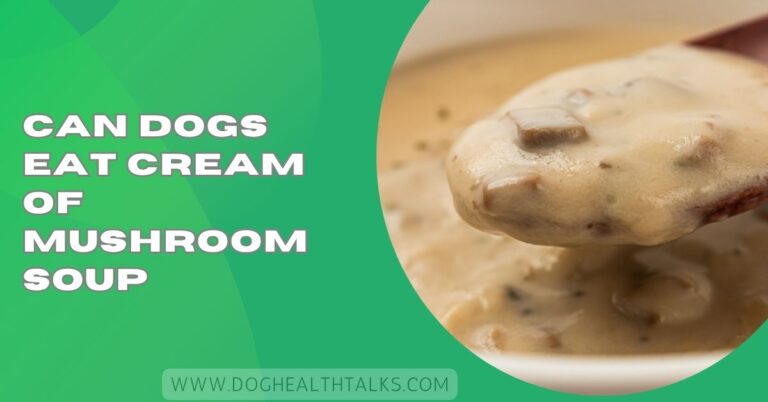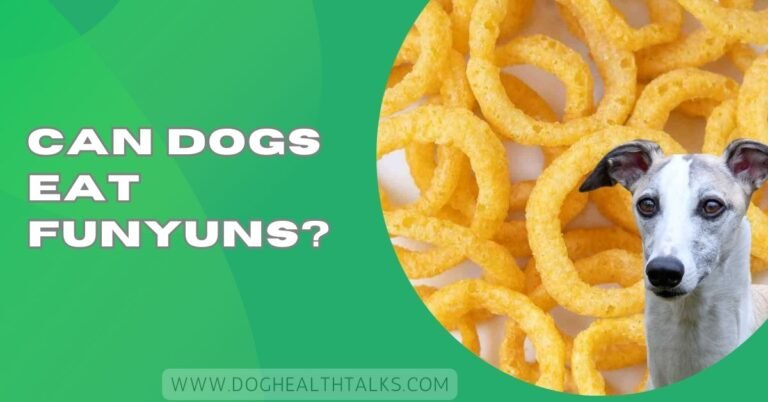Can Dogs Eat Tomatoes – Benefits, Risks, and Feeding Tips!
Dogs love to taste whatever their humans are eating, and tomatoes are no exception! You might notice your pup eyeing that juicy red fruit and wonder if it’s safe to share.
Yes, dogs can eat tomatoes, but only in small amounts. Ripe red tomatoes are safe for dogs to eat, while green tomatoes and stems should always be avoided due to toxins.
Understanding what’s safe and what’s not helps you keep your furry friend healthy. Let’s explore how tomatoes can fit into your dog’s diet safely and what you should avoid.
What Is Tomatine Poisoning?
Tomatine poisoning happens when a dog eats too many green tomatoes or parts of the tomato plant, such as the stems or leaves. These parts contain tomatine, a natural toxin that can upset your dog’s stomach and affect their heart or nervous system. Luckily, it’s rare and usually mild when caught early.
Veterinary experts agree that ripe, red tomatoes have very low tomatine levels and are generally safe. However, curiosity can lead dogs to chew on garden plants—so prevention is key.
Symptoms of Tomatine Poisoning
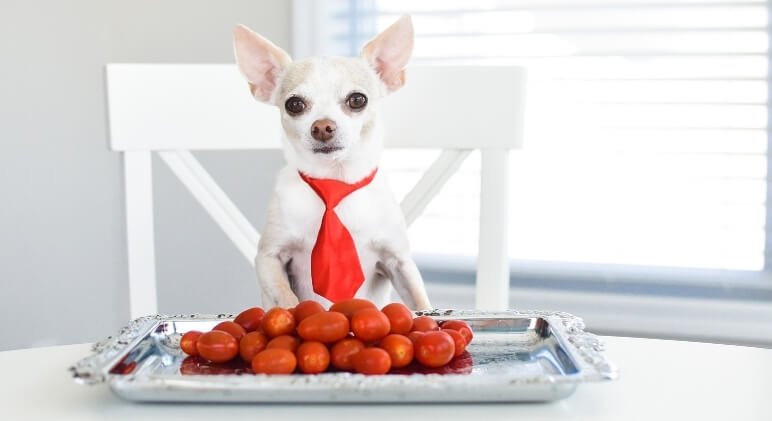
If your dog eats unripe tomatoes or green leaves, watch for these warning signs:
- Vomiting or diarrhea
- Loss of coordination
- Drooling or salivation
- Lethargy or weakness
- Irregular heartbeat
- Muscle tremors or seizures
Most cases are mild and resolve quickly with care, but contact your vet if symptoms persist. In severe cases, your veterinarian may perform tests, induce vomiting, or provide IV fluids to help your dog recover safely.
Are Tomatoes Good for Dogs?
Yes! Ripe tomatoes offer several health benefits when fed in moderation. They’re rich in:
- Vitamins A and C – Boost the immune system and protect cells.
- Potassium – Helps maintain heart and muscle health.
- Fiber – Supports smooth digestion.
- Antioxidants like Lycopene – May reduce inflammation and support long-term wellness.
Many high-quality dog foods include tomato ingredients because of their nutritional value. Think of them as a fresh, healthy snack—not a daily meal replacement.
Also Read: Can Dogs Eat Animal Crackers? – Read This Before You Share!
Are Tomatoes Bad for Dogs?
Tomatoes aren’t bad for dogs when ripe and given correctly, but there are risks to watch out for:
- Unripe (green) tomatoes contain more tomatine, which can be toxic.
- Stems and leaves should always be removed before feeding.
- Tomato sauces, soups, and ketchup often contain garlic, onions, or salt—ingredients dangerous to dogs.
- Too many tomatoes can irritate the stomach due to natural acidity.
If your dog has a sensitive stomach, acid reflux, or chronic digestive issues, avoid feeding tomatoes altogether or consult your vet first.
How Many Tomatoes Can a Dog Eat?
Moderation is everything. Treat tomatoes like a reward, not a meal. Here’s a quick guide based on dog size:
| Dog Size | Safe Amount (Ripe Tomato Pieces) | Frequency |
| Extra-small (2–10 lbs) | 1 piece | 2–3 times a week |
| Small (11–20 lbs) | 2 pieces | 2–3 times a week |
| Medium (21–50 lbs) | 3 pieces | 2–3 times a week |
| Large (51–90 lbs) | 4 pieces | 2–3 times a week |
| Extra-large (91+ lbs) | 5 pieces | 2–3 times a week |
Start small to ensure your dog digests them well. Always monitor for signs of discomfort, itching, or allergies after trying new foods.
How to Safely Share Tomatoes with Dogs
Sharing tomatoes safely is simple when you follow these expert steps:
- Choose ripe, red tomatoes only.
- Wash them well to remove pesticides or dirt.
- Remove stems, leaves, and green parts.
- Cut into small pieces to avoid choking.
- Feed plain and raw. Avoid salt, oil, or seasoning.
- Watch for reactions. If your dog vomits or shows discomfort, stop feeding immediately.
Try adding diced tomato pieces to kibble, spreading a bit on a lick mat, or freezing blended tomato puree into a toy for a fun, nutritious snack.
How to Prevent Dogs from Ingesting Too Many Tomatoes
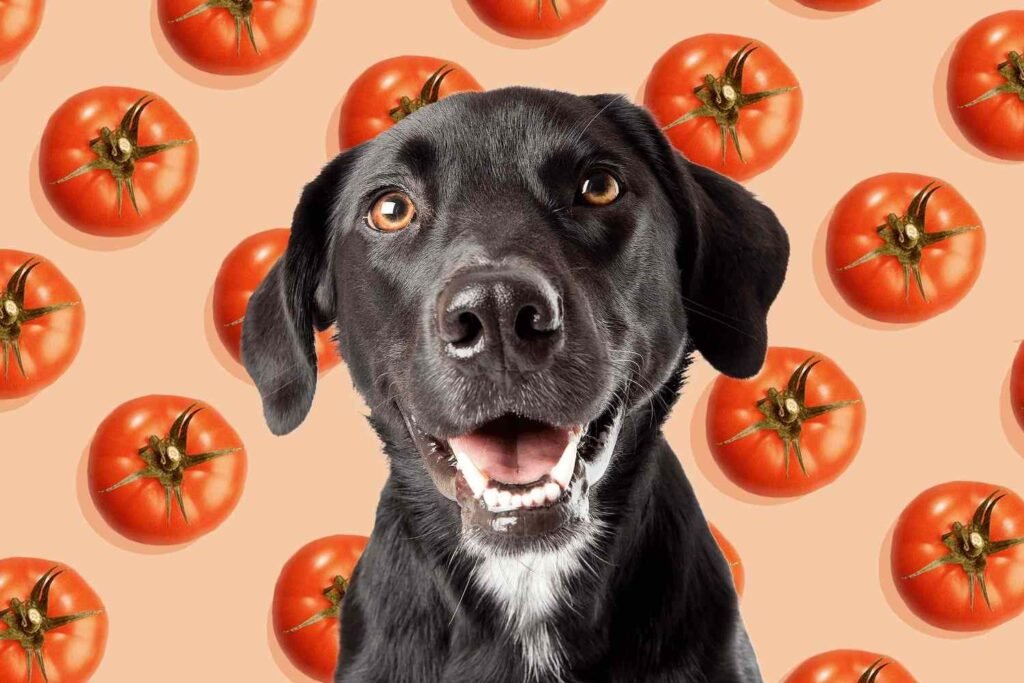
Dogs are naturally curious, especially around gardens. Here’s how to keep them safe:
- Fence your garden: Prevent your dog from reaching tomato plants.
- Supervise outdoor play: Stop them from eating plants or fallen tomatoes.
- Store tomatoes safely: Keep them off tables and countertops.
- Train “leave it” command: This helps stop your dog from grabbing unsafe foods.
Prevention is far easier than treatment. A few simple habits can protect your pup from potential poisoning.
What Other Fruits Can Dogs Eat?
Dogs love fruits that are safe, sweet, and packed with nutrients. Try these healthy options in moderation:
- Apples (without seeds)
- Bananas
- Blueberries
- Watermelon (seedless)
- Strawberries
- Pineapple
- Pears
- Cantaloupe
- Oranges (in small pieces)
Avoid grapes, raisins, cherries, and avocados—these can be toxic. Always wash and prepare fruit before serving.
Can Dogs Eat Tomato Sauce?
No, dogs shouldn’t eat tomato sauce. Most sauces have garlic, onions, salt, and sugar, which are harmful to dogs. Always give plain, ripe tomatoes instead. Homemade sauce without seasoning may be safer, but it’s still best to stick with fresh tomatoes only.
Can Dogs Eat Lettuce?
Yes, dogs can eat lettuce safely. It’s low in calories and full of water, which helps keep them hydrated. Always wash it well, chop it into small pieces, and serve plain without dressing, salt, or sauces for a light, crunchy treat.
Read More: Can Dogs Eat Cactus? – Signs, Dangers, and Prevention!
Can Dogs Eat Cucumber?
Yes, cucumbers are a great snack for dogs. They’re low in calories, high in water, and help keep your dog cool. Slice them into small pieces to avoid choking. Avoid adding salt or spices — plain cucumber is the healthiest option.
Can Dogs Eat Tomatoes Raw?
Yes, dogs can eat raw, ripe tomatoes in small amounts. Always remove the stems, leaves, and any green parts because they can be toxic. Serve plain without salt or seasoning. Ripe tomatoes can give your dog vitamins, fiber, and hydration.
Can Dogs Eat Tomato Seeds?
A few tomato seeds are generally safe, but it’s better to remove them. Seeds can sometimes upset your dog’s stomach, especially if eaten in large amounts. When feeding tomatoes, stick with the red flesh and avoid the green parts or stems.
Can Dogs Eat Tomatoes And Cucumbers?
Yes, dogs can eat both tomatoes and cucumbers if they’re ripe and fresh. Together, they make a hydrating, crunchy snack.
Just remove tomato stems, cut both into small pieces, and serve plain without salt, dressing, or any harmful seasonings.
Can Dogs Eat Onions?
No, dogs should never eat onions. Onions are toxic and can damage a dog’s red blood cells, causing serious illness.
Even a small amount—raw, cooked, or powdered—can be harmful. Always keep onion-flavored foods or dishes away from your dog.
Can Dogs Eat Tomatoes And Lettuce?
Yes, dogs can eat tomatoes and lettuce together in small amounts. Make sure the tomatoes are ripe and the lettuce is washed and plain. Avoid sauces, spices, or salad dressings. This combo can be a healthy, light, and refreshing snack.
FAQs
Can dogs eat cherry tomatoes?
Yes, dogs can eat ripe cherry tomatoes in small pieces. Make sure they’re plain, washed, and without stems or green parts to keep them safe.
Can dogs eat ketchup?
No, dogs shouldn’t eat ketchup. It usually has sugar, salt, and spices like onion or garlic, which can upset your dog’s stomach or cause harm.
Can dogs eat tomato soup?
No, tomato soup isn’t safe for dogs. It often contains salt, garlic, and onions, which are toxic. Stick to fresh, plain tomatoes instead.
Can dogs eat grape tomatoes?
Yes, dogs can eat ripe grape tomatoes in moderation. Always wash them, remove stems, and cut into small pieces to prevent choking or stomach upset.
Is it safe to give dogs tomato juice every day?
No, tomato juice daily isn’t safe. It’s often acidic and may upset your dog’s stomach. Fresh, ripe tomatoes once in a while are better.
Can dogs eat cooked tomatoes that still have a little bit of green?
No, don’t feed green parts. Even slightly green tomatoes contain tomatine, which can harm your dog. Always give fully ripe, red tomatoes only.
What foods are toxic to dogs?
Common toxic foods include chocolate, grapes, onions, garlic, raisins, xylitol, and avocados. These can cause serious illness, so always keep them away from dogs.
What vegetables can dogs eat?
Dogs can eat carrots, cucumbers, peas, spinach, and green beans. Always serve plain, cooked or raw, without salt, oil, or added seasonings.
Can dogs have tomato skin?
Yes, dogs can eat tomato skin if the tomato is ripe. Just wash it well and serve small pieces without stems or green parts.
Can dogs have pineapple?
Yes, pineapple is safe for dogs in small amounts. It’s sweet, full of vitamins, and helps digestion—but avoid canned pineapple with added sugar.
Conclusion
Tomatoes can be a healthy and refreshing treat for your dog—but only when ripe and given in small amounts. Always remove stems, leaves, and green parts since they contain toxins that can upset your dog’s stomach. Ripe red tomatoes provide vitamins, antioxidants, and hydration, making them a great occasional snack. Just remember, moderation is key. Avoid tomato sauces, soups, or ketchup, as they often include harmful ingredients like salt, garlic, or onions. By feeding tomatoes safely and responsibly, you can let your furry friend enjoy their flavor without any health risks.

